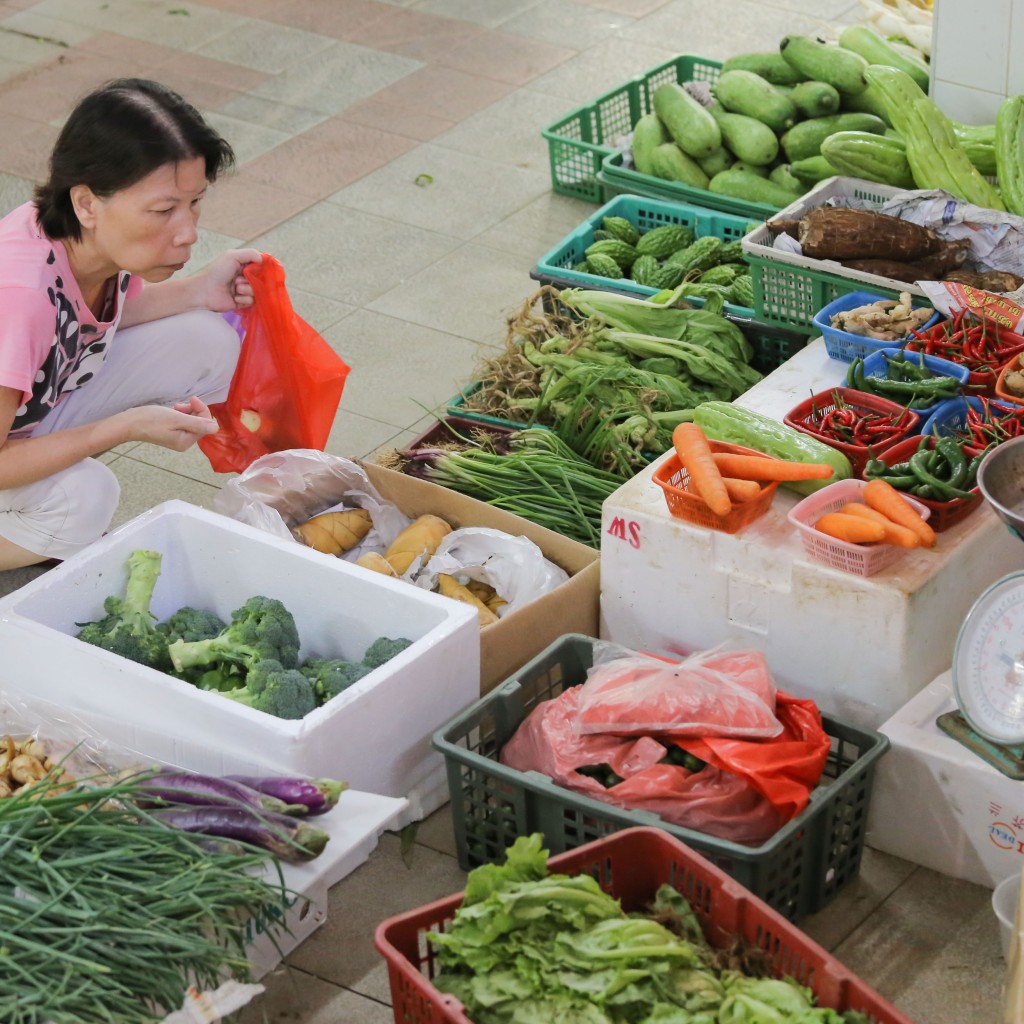Food Insecurity in Singapore: The Communicative (Dis)Value of the Lived Experiences of the Poor
October 16, 2018

How do food choices reflect the difficulties faced by the poor in Singapore?
16 October is recognized as World Food Day to honour the 1945 establishment of the Food and Agricultural Organization of the United Nations. This doctrine declared access to safe and nutritious food a fundamental human right. Despite this, there are many around the world who die from starvation and malnutrition.
The study, ‘Food Insecurity in Singapore: The Communicative (Dis)Value of the Lived Experiences of the Poor’ by Ms Naomi Tan (graduate student at the NUS Department of Communications and New Media), and her co-authors, published in the journal Health Communication in 2017, exposes the plight of some of the poorest Singaporeans through the lens of food insecurity. This term describes the condition when people are unable to afford or access healthy and safe food. According to this study, the lack of a poverty line or minimum wage in Singapore removes the poor from the discourse of national health, which revolves around making good food choices. This fosters an assumption that everyone in Singapore can afford to think about appropriate vitamin and protein intake. Furthermore, this study debunks the myth that there are cheap food options in Singapore by conducting in-depth interviews with 30 Singaporeans living off both state and community-funded welfare initiatives. Through the interviews, what emerges is that for the poor, ‘eating healthy’ simply means being able to stay alive and have energy to work, as opposed to the conventional definition where nutritional value of the food is taken into account.
Food insecurity in Singapore gives insight into the limitations of the meritocratic belief existing in Singaporean society. It is not that those living in poverty have tougher lives because they make bad food choices, but rather, the system does not give them a voice and substantial support to have the agency to choose nutritional and safe food.
Learn more here.
